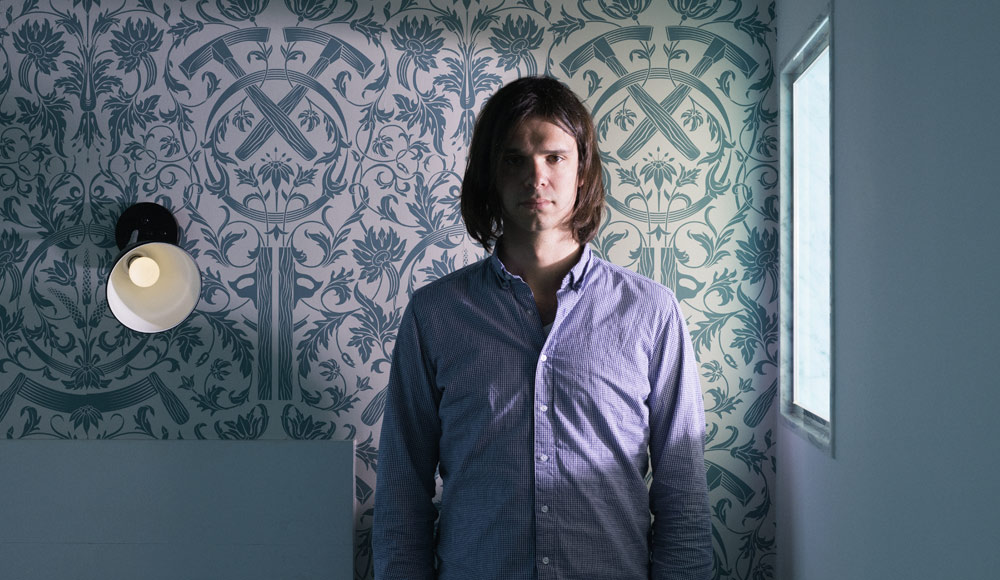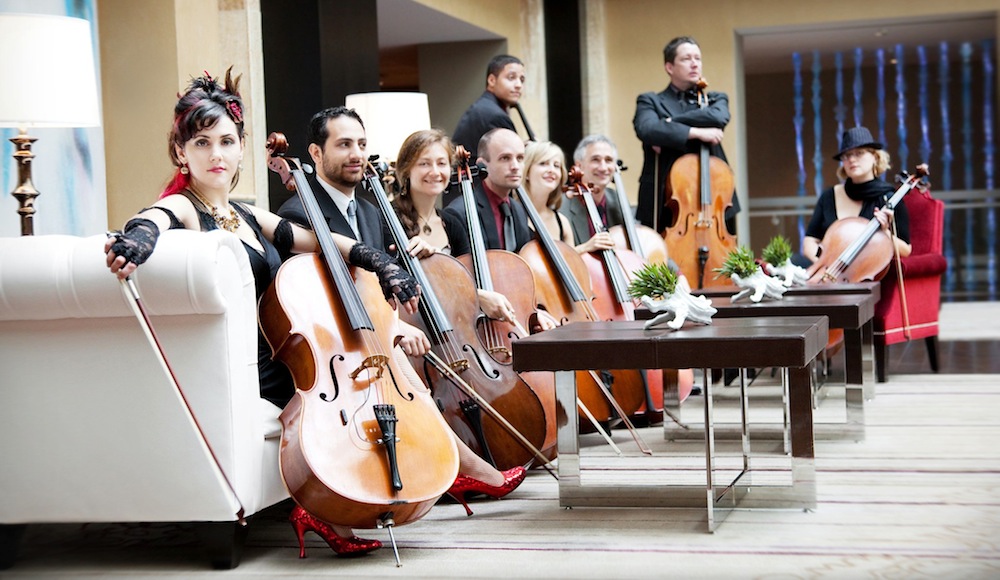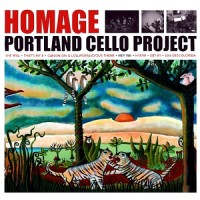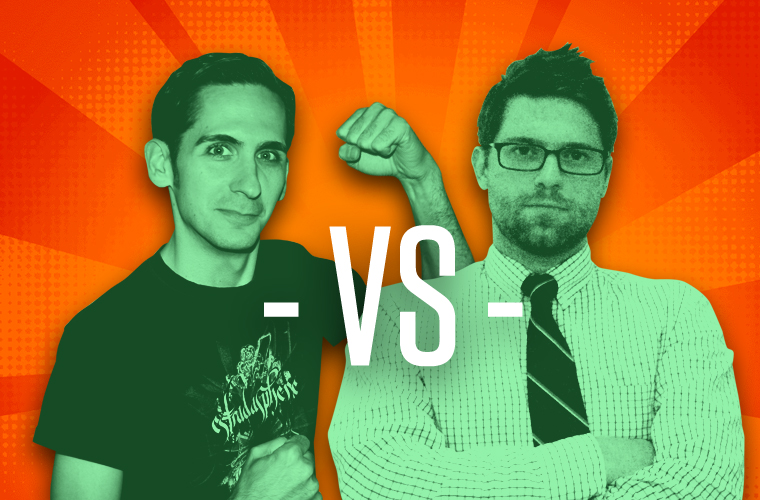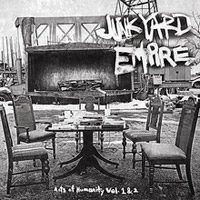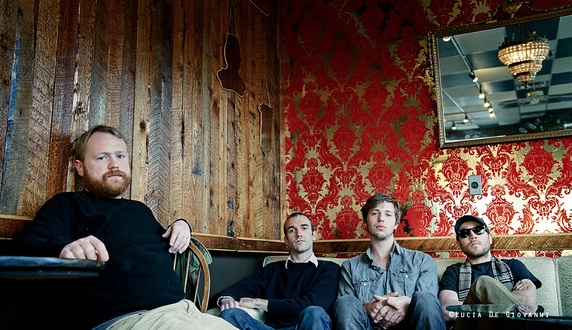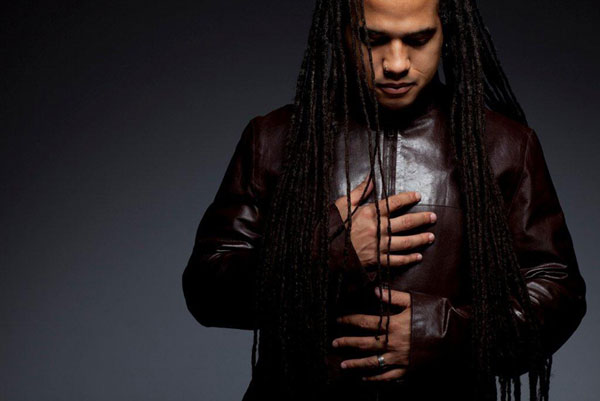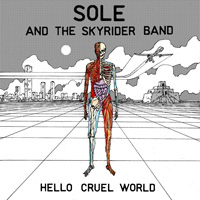 Sole & The Skyrider Band: Hello, Cruel World (Fake Four Inc., 7/19/11)
Sole & The Skyrider Band: Hello, Cruel World (Fake Four Inc., 7/19/11)
Sole & The Skyrider Band: “Hello, Cruel World”
[audio:https://alarm-magazine.com/wp-content/uploads/2011/07/Sole__the_Skyrider_Band_Hello_Cruel_World.mp3|titles=Sole & The Skyrider Band: “Hello, Cruel World”]
Citing differences in vision for his label and a desire to release music independently, Tim Holland split in 2010 with the Anticon collective that he helped to found. Now, with his faithful Skyrider Band at his side, Holland has released his first official release as Sole since the departure, and it’s another bold chapter in a bold career.
Skyrider, which has been the force behind Sole’s sonic development over the past few years, now sets a surprisingly mainstream and orchestral backdrop for Holland’s rhymes, which have slowed and become more decipherable — but no less potent in criticism. As he explains below, Holland wanted Hello, Cruel World to sound more like a “big rap album,” and it accomplishes the feat with club beats, vocoder-inspired choruses, and a posse of collaborators (Sage Francis, Xiu Xiu, Lil B, and many more). But the musical backdrop also is more cerebral and beautiful, thanks in part to the talents of band member and film-score composer William Ryan Fritch (a.k.a. Vieo Abiungo).
Holland also is keeping busy with DIY videos and his Nuclear Winter mixtape series, which employs the Situationist détournement technique of “turning expressions of the capitalist system against itself.” In this case, it’s taking hits by Lil Wayne, Rihanna, and the like and dropping politically current themes on them. Here Holland explains this mixtape concept while discussing the state of the world and the Sun Tzu-inspired direction of his new album.
Now three albums into recording with Skyrider, how do you feel that your sound has evolved since joining forces?
It’s pretty crazy, really. When we started out, all I wanted was to be a hip-hop version of Godspeed You! Black Emperor, and somehow along the way, we listened to way too much Young Jeezy and Lil Wayne in the car. The rest is history, I guess! For a while, The Skyrider Band was living in LA and working a lot with Telephone Jim Jesus, and Skyrider really came into its own on the production tip.
A member of Skyrider (William Ryan Fritch) has experience scoring films. How much did he influence the orchestral accents of Hello, Cruel World?
Ryan has always been way too talented for his own good. On our past work, we weren’t experienced enough with how to make the band aesthetic work for a hip-hop album, and I feel like through all of Ryan’s work with real composers, doing film scores, working with Asthmatic Kitty, and branching out on his own, he has a really solid grasp of what to add to Skyrider’s beats to take them over the top. The big surprise on this album is his vocal contribution; he’s able to layer my off-key singing with his beautiful crooning and really make stuff sound great.
Hello, Cruel World has a much more radio-friendly sound and even features Melodyne software (similar to vocoder software) in many choruses. Was there any deliberate decision to target a broader audience to get your messages across?
Yes, there was. In Sun Tzu’s Art of War, he says you can’t keep attacking using the same method; in order to succeed, you have to surprise your opponents. I had listened to gangster rap so much that its influence and aesthetic had taken over what I did, and coincidentally, that is what the hip-hop people are listening to right now. It wasn’t so much an opportunistic move as it was a natural evolution. So we thought it would be an interesting gamble to try to make an album that would be an SSRB take on Jay-Z or TI — a big rap album. What I like about those albums is that they all collaborate with their homies and put each other on. After years of mainly writing music alone, it was really fun to try to collaborate with some of my favorite artists. Usually, when people use these styles, they try to be ironic, but we take rap music very seriously.
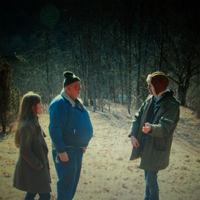 Dirty Projectors: Swing Lo Magellan (Domino, 7/10/12)
Dirty Projectors: Swing Lo Magellan (Domino, 7/10/12)
